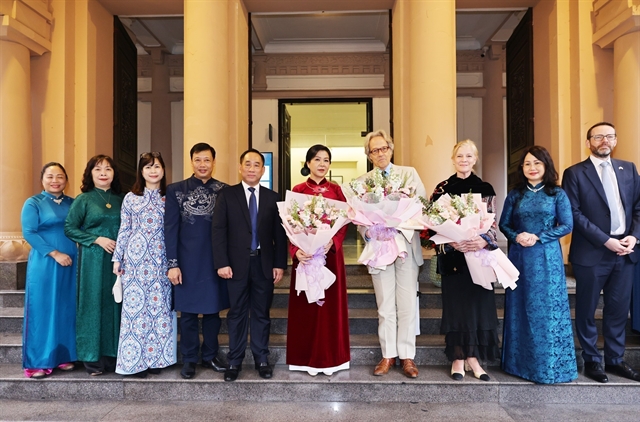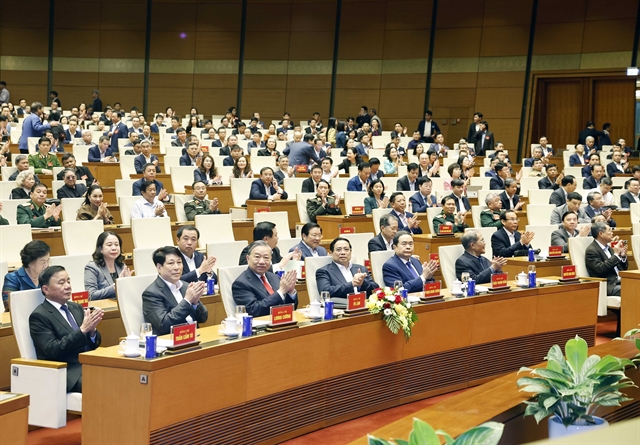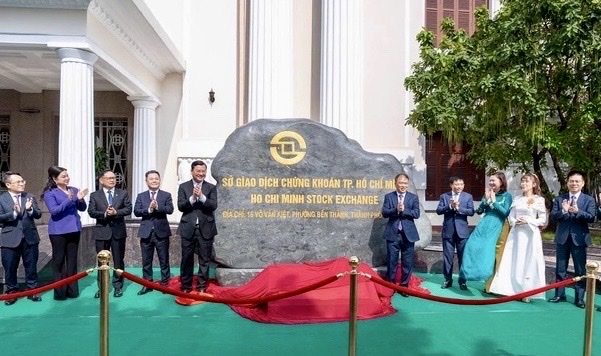 Economy
Economy
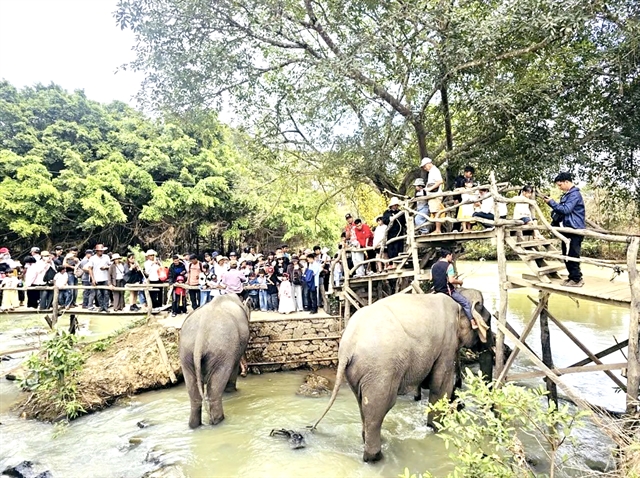
Amid huge challenges, inspiring success story like Việt Nam has helped the country climb steadily in global brand value and soft power rankings, as well as supported Vietnamese companies to increase their competitiveness.
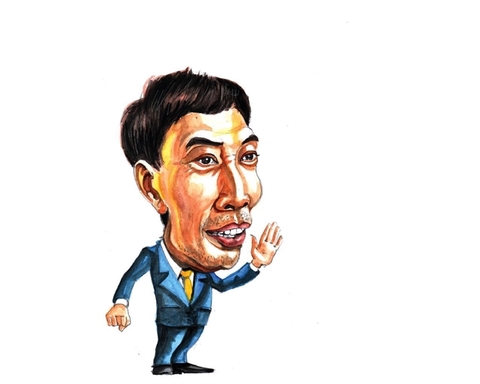
|
| Võ Trí Thành |
*Võ Trí Thành
The COVID-19 pandemic is reshaping the world, driving many countries to adjust their policies regularly to keep the disease at bay while sustaining economic growth. Amid huge challenges, an inspiring success story like Việt Nam has helped the country climb steadily in global brand value and soft power rankings, as well as supported Vietnamese companies to increase their competitiveness.
Before the pandemic, Việt Nam made great strides in reforming its economy and institutions. From a poor country, Việt Nam has advanced to the middle-income country group. It is also one of the most successful countries in alleviating poverty and implementing the United Nations millennium development goals.
The economy is growing rapidly with the robust emergence of private businesses and the middle class. Việt Nam is also proud to be one of the most open economies in the world.
Of course, it is still a developing country and many things need to be done in the transition to a developed country but the way Việt Nam has gone from a closed economy to global integration, especially the manner it is handling the pandemic, has demonstrated Việt Nam is a reliable partner, not only in terms of trade and investment, but also in settling global issues.
The COVID-19 has also cast negative impacts on Việt Nam’s economy and society but the way we have overcome the difficulties, reduced adverse impacts, supported businesses and sustained growth has made the world look at Việt Nam in a more positive and more important light.
This is clearly shown in its growth in global rankings.
Việt Nam is the fastest growing nation brand in Brand Finance’s 2020 ranking. While most countries lost value due to the COVID-19 crisis, Việt Nam advanced nine spots to 33rd with brand value skyrocketing 29 per cent to US$319 billion.
It was also the only country in ASEAN to move up in the Global Soft Power Index 2021, increasing three places from 50th to 47th out of 60 nations.
These indicators, together with improvements in other rankings, have recognised Việt Nam’s renovation results in the past 35 years and demonstrated how the country has grown, not only compared to itself but to other countries in the world.
However, the modest positions in many indicators have also pointed out where Việt Nam needs to improve, especially in important areas such as business environment and innovation, thereby enhancing the country’s brand value and competitiveness.
At the greatest level of national brand, it’s important to build an attractive image of a friendly and reliable Việt Nam and prominent features of the Vietnamese identity, from which awareness and belief of people of other countries about Việt Nam can translate into an act of favour of the country’s people, products and businesses.
In the course of its millennia-old history, Việt Nam has triumphed many foreign invaders. In the modern history, its success in reforming and developing economy and recently fighting the COVID-19 has reaffirmed its prestige in the world arena.
Twenty years ago, very few people would have thought Việt Nam could chair a UN Security Council meeting but last month, President Nguyễn Xuân Phúc chaired a high-level UNSC open debate. This was the first time a senior Vietnamese leader presided over an important activity, sending highest-level message of Việt Nam’s orientations and visions for development and foreign policy.
To a certain extent, Việt Nam’s position and image have been raised to a very meaningful level.
Resonant relationship
Businesses are behind the increasing national brand. Many Vietnamese companies are also climbing in brand value in the global ranking. The national brand and corporate brand share “the same voice”.
National branding starts from the behaviour of each person and each enterprise. If each person has good manners and each enterprise does decent business and builds reputable brand, they are contributing to creating a good impression of a nation.
For example, when it comes to Japan, people will immediately think of Toyota and Sony and Japanese characteristics of being polite, punctual, hard-working and intelligent. Japanese companies and products have also gained the trust and confidence of global consumers.
If people have a good impression of a country and its people, this will facilitate its companies to connect and do business with other partners in the world.
From a business perspective, enterprises should enhance awareness of building its own brand and more importantly learn how to protect current brands.
The recent story that a number of US firms reportedly registered Việt Nam’s ST25 rice, the 2019 World’s best rice, for trademark protection in the United States, has sent a warning to Vietnamese enterprises about protecting their brands abroad.
It’s difficult to build a brand but it’s more costly and difficult to protect that brand.
From the past lessons of Phú Quốc fish sauce and Buôn Mê Thuột coffee which were lost to foreign companies, Vietnamese enterprises should proceed with necessary steps to protect their trademarks. Together with strong development of the economy, national brand and corporate brands, this is becoming more important.
It can be said that during and after the COVID-19, the world has been seeing a very profound movement and transformation. Being immersed in the megatrends, Việt Nam’s development policy is closely associated with new trends, creating an image of the country with innovation-based development, digital transformation, inclusive growth.
For enterprises, they need to enhance competitiveness which nowadays is associated with sustainable development, social responsibility and cultural behaviour.
The Vietnamese brand name will shine more and more when the country pushes up effective reform and innovation efforts. — VNS
*Võ Trí Thành is a senior economist at the Central Institute for Economic Management (CIEM) and a member of the National Financial and Monetary Policy Advisory Council. The holder of a doctorate in economics from the Australian National University, Thành mainly undertakes research and provides consultation on issues related to macroeconomic policies, trade liberalisation and international economic integration. Other areas of interest include institutional reforms and financial systems.


